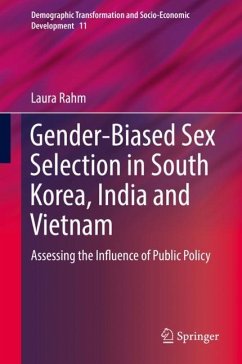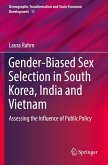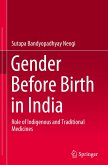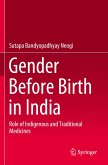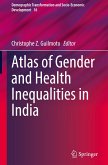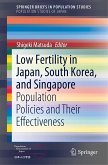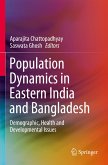This book provides an in-depth analysis of the influence of public policy on sex selection. Three Asian countries were chosen for the comparative policy analysis, namely South Korea, India and Vietnam that share in common a historical legacy of son preference, high levels of sex imbalances and active policy response to curbing the growing demographic masculinization of their nations. The research based on the data collected from field work in the three countries shows that despite the adoption of very similar anti-sex selection policies the outcomes have been markedly different for each of the three countries. These unexpected diverse outcomes are explained partly by their different historical and cultural contexts, and partly to the different social, political and economic institutions and dynamics. This monograph offers careful and detailed explanations of both within and across country diversities in policy outcomes, pointing to the importance and the limits of cross-national policylearning and adoption, and raising questions about the efficacy of international organizations' current approaches to global policy and knowledge transfer.
Bitte wählen Sie Ihr Anliegen aus.
Rechnungen
Retourenschein anfordern
Bestellstatus
Storno

